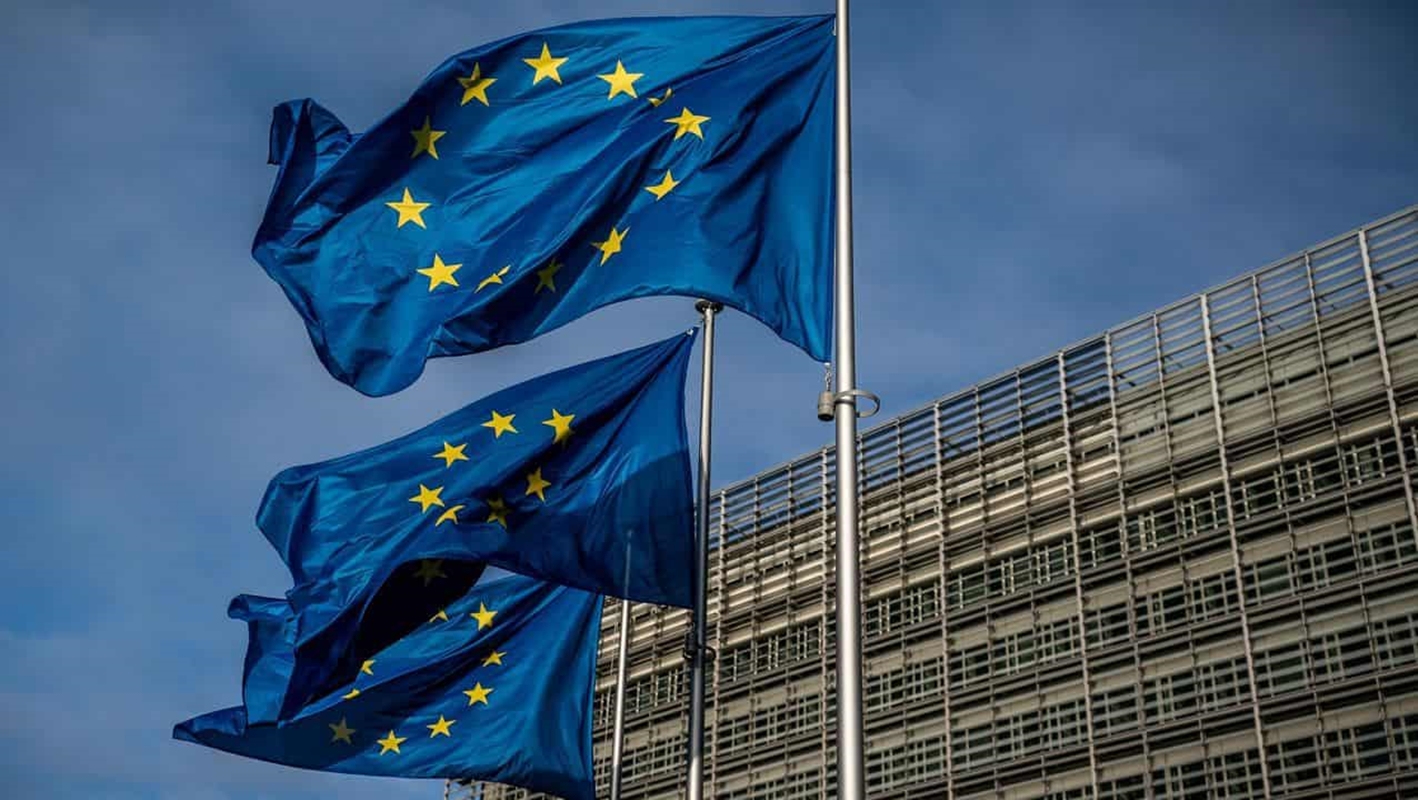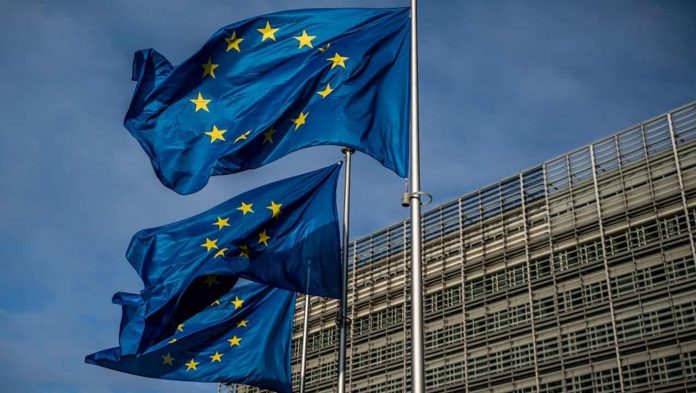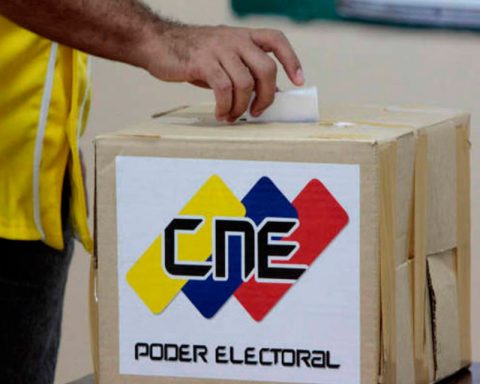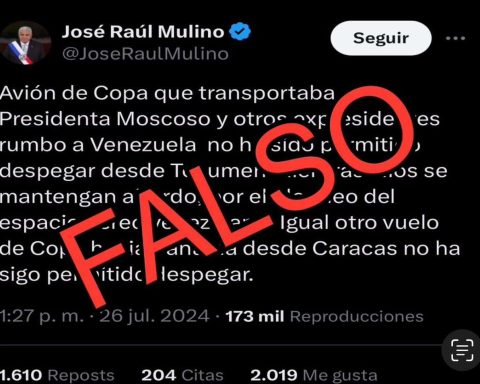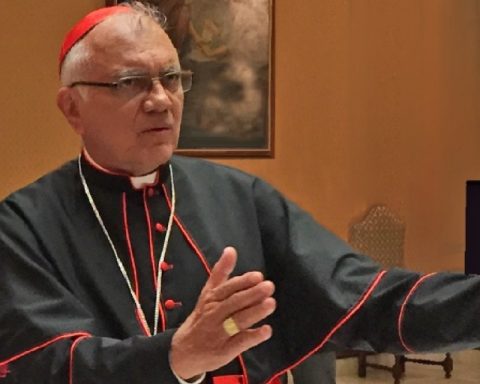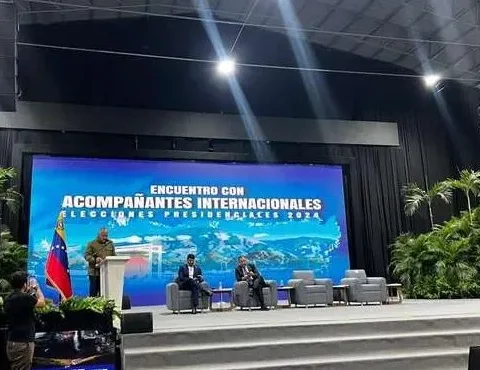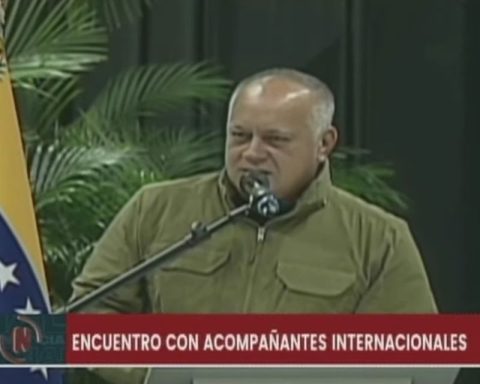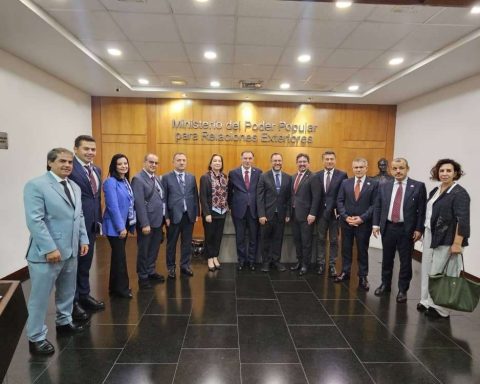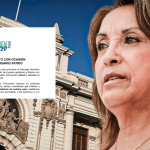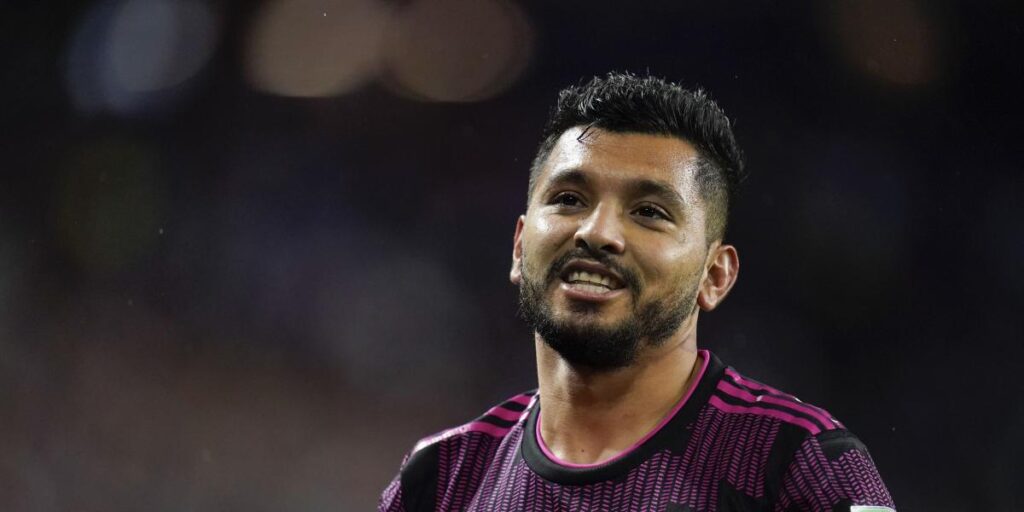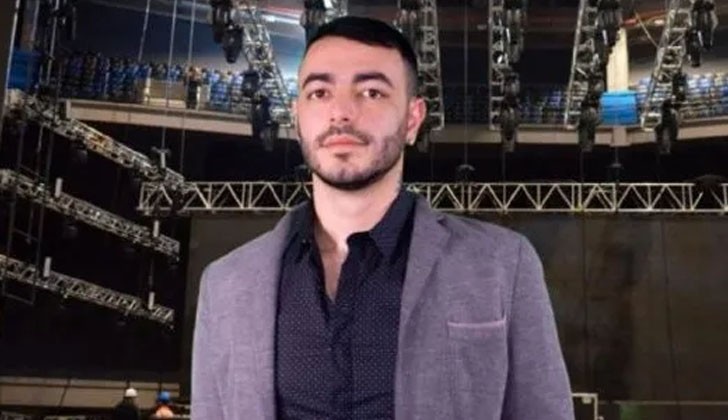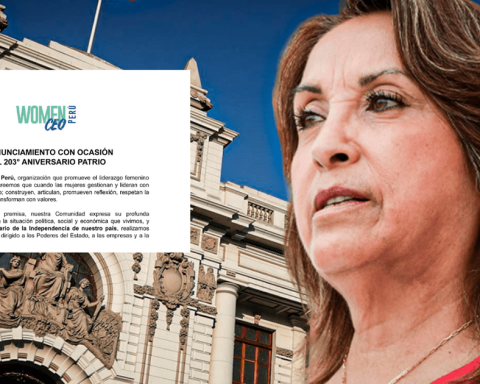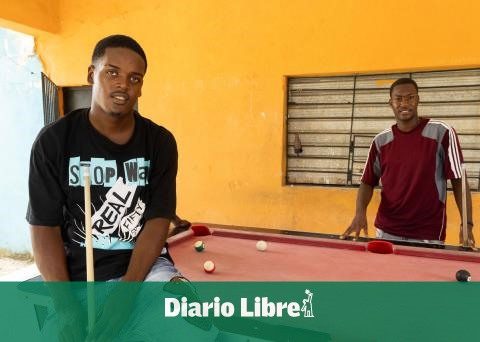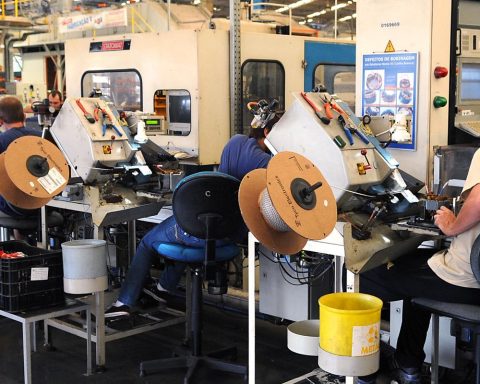Ukraine is pressing the European Union to ban Russian tourists from entering the bloc, but the response has not been unanimous, with some members agreeing and others resisting.
Some nations bordering Russia are already curbing visa applications or limiting the number of visas issued, but there is no unanimous decision or position in the European Union.
The issue will be discussed at a meeting of EU foreign ministers in Prague on August 31.
“Enjoy Russia”
“The Russians overwhelmingly support the war, they celebrate the missile attacks on Ukrainian cities and the killing of Ukrainians. Let Russian tourists enjoy Russia then,” Ukrainian Foreign Minister Dmytro Kuleba said.
Its president Volodimir Zelensky also asked Western countries to close their borders to the Russians, assuring the newspaper Washington Post that they should “live in their own world until they change their philosophy.”
Outraged, the Kremlin called the request “irrational” and threatened retaliation.
Support from Finland and Baltic countries
Eastern European countries such as Latvia, Lithuania and Poland stopped issuing tourist visas to Russians just after the invasion began in late February.
Estonia has gone a step further and prohibits entry even to Russians who already have visas issued by its services and tries to do the same with those who have obtained these permits from other EU states.
Finland, the European country with the longest border with Russia, will reduce from September 1 the number of Russian tourist visas they manage to 10% of the thousand they receive daily. A complete veto by nationality is impossible according to Finnish law.
The measure will have an impact: before the closure of EU airspace to flights from Russia, citizens of that country used the land connection with Finland to go to other European countries.
Visa for the Schengen area
Russian travelers often use visas for the Schengen area, usually valid in 26 EU countries and neighboring nations such as Switzerland and Norway. Normally they allow stays of up to 90 days in a period of 180 days.
The total of 26 countries received about 3 million Schengen visa applications last year. Russians represented the largest group, with 536,000, of which only 3% were rejected.
Estonia wants to change the community regulations to be able to reject Russians with Schengen visas regardless of the country where they have been issued.
But Cyrille Bret, of the Jacques Delors Institute, predicts “little chance that” a ban will be adopted at the community level, even if public opinion in the countries is in favour.
EU sanctions require the unanimity of all 27 member states and the latest packages of measures have passed with difficulty, especially over the objections of Hungary, which maintains ties with Moscow.
The Czech Republic, which holds the temporary presidency of the EU, does not support the total veto, although it included the issue on the agenda of the meeting on August 31 and recognized that acting normally with Russian tourists “in times of aggression is inappropriate.”
Prague defends that it wants to continue allowing the entry of Russian journalists or other civilians who fear persecution in their country. This clause is accepted by the rest of the countries in favor of the veto, including Ukraine.
humanitarian access
Germany and Portugal see the ban as detrimental to Russians in disagreement with the Kremlin who opt for these visas to escape the country.
Bret points out that “the measure would go against freedom of movement and the sanctions policy followed until now.”
In February, the European Union restricted some types of visas for Russians with ties to the Kremlin, including senior officials, people with diplomatic passports and businessmen. But the tourist permits still stood.
Greece and Sweden have not taken a position on the matter and Denmark has indicated that it wants to see the European consensus before deciding.
The European Commission admitted on Thursday that discussions were underway to see if “a coordinated approach” could be achieved.
He also underscored the need for humanitarian access for Russian dissidents and for each request to be individually reviewed.
Internal Affairs Commissioner Ylva Johansson will visit Finland and Latvia in early September to discuss the issue with the local authorities.
